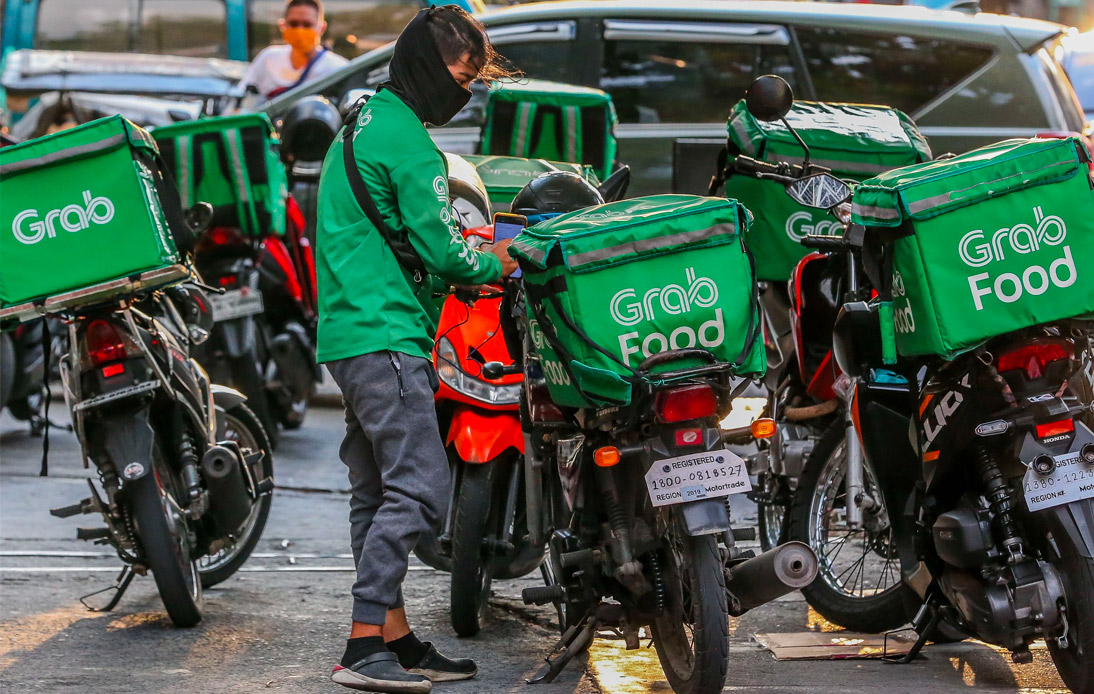
This year, the online food delivery sector is predicted to witness a 0.6% year-on-year drop in its market value, totaling 86 billion baht, alongside an expected 11.3% decline in order volume, as stated by Kasikorn Research Center (K-Research).
The decline is linked to changes in customer behavior following the pandemic, increased living expenses, and issues faced by customers when placing orders.
The research entity noted a rise of 8.6% in the average cost per order compared to 2022.
K-Research’s survey in May revealed that the largest group (44%) of participants continued to order food online but had lessened the frequency due to a trend towards eating out or preparing meals at home.
This segment is also disinclined to bear the extra charges linked with online food ordering.
A further 42% of those surveyed declared they would maintain their typical online food delivery ordering patterns, while 8% chose to abstain from using it completely. Some 6% announced they would cease ordering food online for delivery.
Although most respondents felt they would continue in utilizing online food delivery services, they hinted at possibly refraining from these services in the future, in light of increasing food order expenses stemming from higher food costs and delivery fees.
Furthermore, they pointed out specific persistent issues, such as receiving food that “does not resemble the images shown on the menu,” and getting less food than expected for the money spent.
As per K-Research, online food delivery platform operators should collaborate with relevant supply chain participants to tackle these issues and enhance customer experience.
The vast majority (80%) of respondents use multiple online food delivery apps, with over half resorting to two apps for their regular food orders.
Intense rivalry among food delivery platforms led to customers alternating between apps to compare overall prices.
A majority (58%) of food delivery service platform users belong to the Gen Y demographic, followed by Gen X (28%). Most respondents desired a single-app solution that caters to all their daily needs.
K-Research suggests that in the midst of severe competition among platform operators and diverse user behavior, food delivery platform providers must revise their strategies to become more targeted.
This could involve leveraging their platform’s database in collaboration with their restaurant partners to cater to the unique lifestyle needs of each consumer.
For instance, they could provide special discounts to those who frequently order food from the same restaurant, or target Gen Y or Gen X, both of which exhibit distinct lifestyles.
Implementing cutting-edge technology to enhance consumer experience and to effectively target desired demographics is also advised.
In related news, Line Man Wongnai, an online food delivery platform, reported that orders on its platform continued to grow from January 2022 to April 2023.
Orders in Bangkok and surrounding areas saw a 25% increase, while the number of new users rose by 27%. In rural regions, order volume grew by 17% and the number of new users went up by 10%.
Line Man Wongnai is preparing to boost recurring income through its restaurant total management solutions at point-of-sale (POS).
This move has been in the pipeline since it agreed to acquire FoodStory, a local startup focusing on restaurant POS systems, intending to enhance the company’s merchant solutions business in premium restaurants.





















